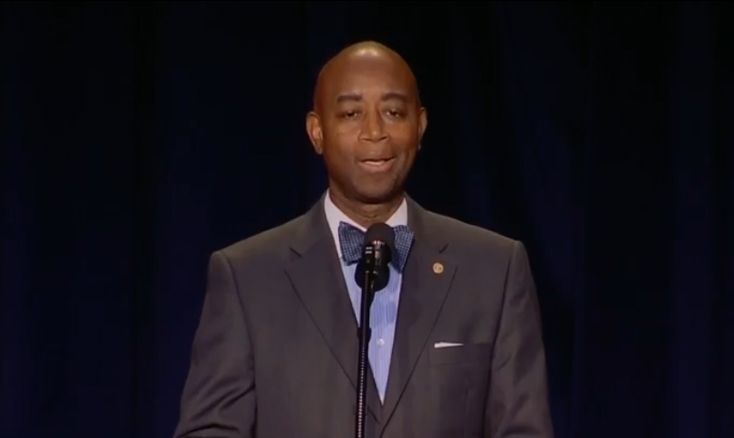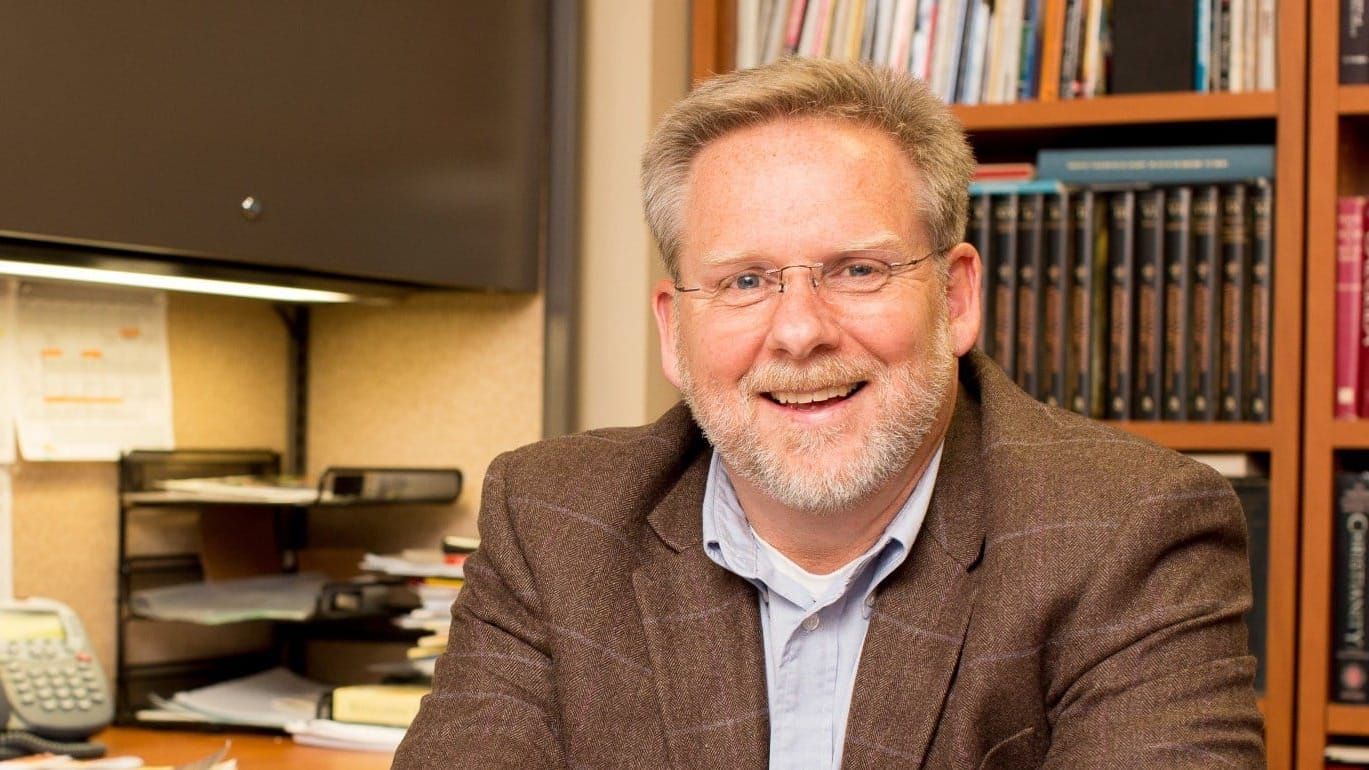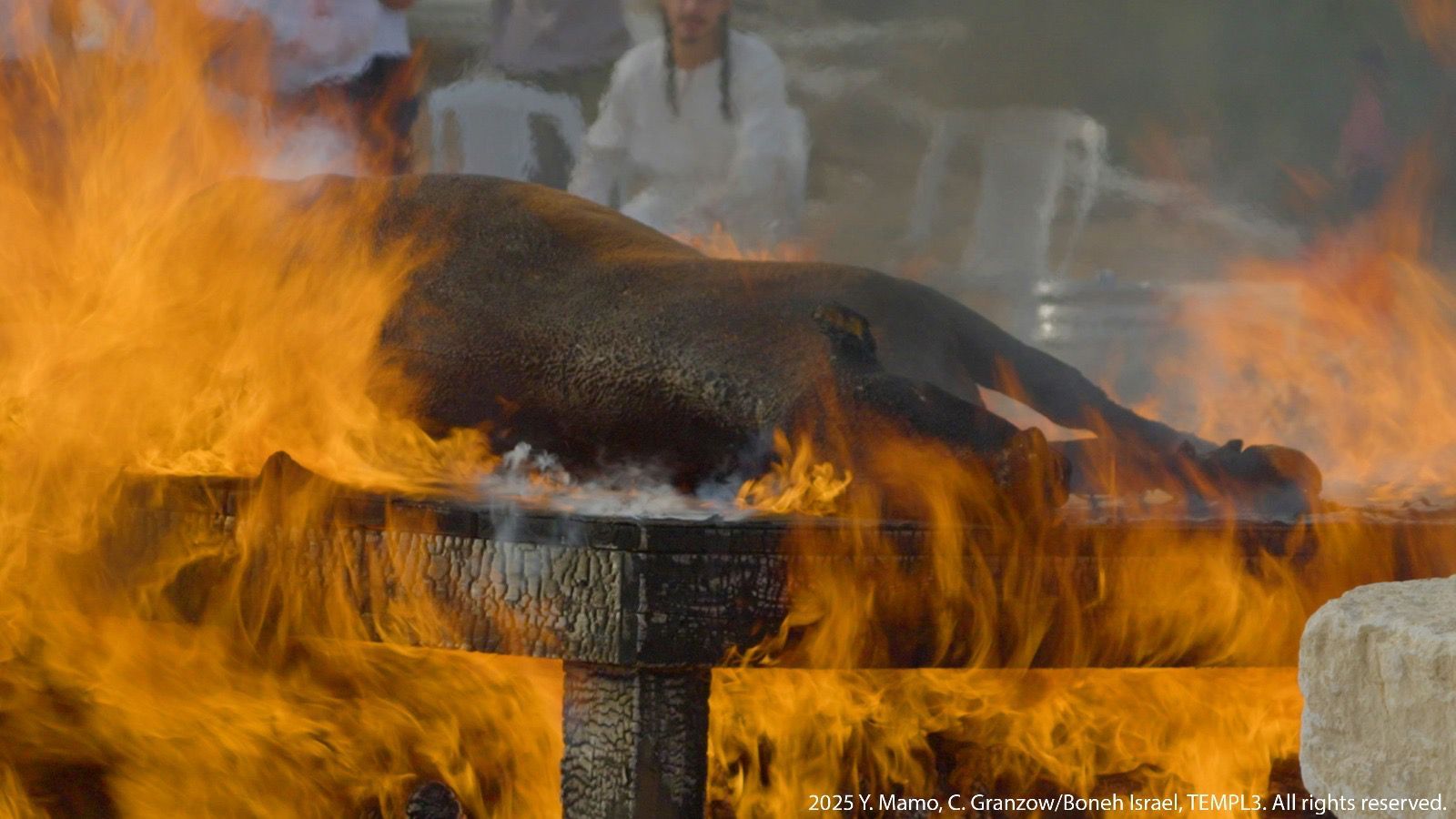Chaplain Black gave us a new piece of our oral history
(RNS) With his Darius Rucker voice, Martin Luther King Jr. prose, G.K. Chesterton depth and Billy Graham anointing, the Senate chaplain provoked our minds and prodded our emotions.
African-American congressional staffers and representatives stage a walkout on the steps of the House of Representatives at the U.S. Capitol in Washington on Dec. 11, 2014 to protest the deaths of Michael Brown and Eric Garner. Senate Chaplain Barry Black, center, leads the group in prayer. Photo courtesy of REUTERS/Gary Cameron
(RNS) Our country has many voices, and at this year’s National Prayer Breakfast one rose to an epic volume. Senate Chaplain Barry Black, a retired Navy rear admiral, gave us a new piece of our oral history, recognized by a thunderous crowd. With his Darius Rucker voice, Martin Luther King Jr. prose, G.K. Chesterton depth and Billy Graham anointing, he provoked our minds and prodded our emotions.
He said he wanted to talk about “making your voice heard in heaven.” He challenged us to pray for all people, and do so “out of a sense of need,” “with intimacy,” and “for those who govern.” When he finished, we could join him in stating that we “feel the palpable presence of God in this place.”
He reflected on his life’s intersection with 1 Peter 1:18-19. At 10 years of age he had the logical awareness to realize that “the value of an object is based upon the price someone is willing to pay.” And that Jesus had paid the ultimate price for him. And as his life unfolded, everywhere he went he kept running into “that man.”
Producer Mark Burnett, certainly one of the world’s best judges of giftedness, immediately classified it as “one of the most impassioned keynotes I’ve ever heard.” The crowd stirred with agreement.
President Donald Trump relayed high praise for the chaplain with a preface that might become a moniker for our times. “I don’t know if you’re a Democrat or a Republican, but you’re appointed for another year.” Then realizing the chaplain was appointed by the Senate, amid obvious bipartisan approval he noted that Chaplain Black had job security either way.

Barry Black addressing the 2017 National Prayer Breakfast. C-SPAN video
My mind went back to last year’s keynote remarks from Roma Downey about her journey through war-torn Northern Ireland. A holy hush enveloped the crowd as she recalled a bullet ripping through her coat, and that the bridge through her home city of Derry divided sides. And then, invoking a picturesque moral imperative, she recalled her return trip after the fighting ended — and the need to build bridges and keep existing ones open.
As Black finished, my mind also rested on Eric Metaxas’ 2012 keynote from the same stage. From his Veggie Tales humor and his reflections on his years of searching at Yale, to his gripping Dietrich Bonhoeffer challenges, he had taken the crowd on an unexpected and provocative ride.
But this morning prompted even deeper reflections. My mind dwelled on the event in 1851 when Sojourner Truth interrupted an otherwise routine gathering, and left an indelible impression on the national conscience with “Ain’t I a Woman?” The moderator, Frances Dana Barker Gage, reflected:
“Amid roars of applause, she returned to her corner leaving more than one of us with streaming eyes, and hearts beating with gratitude. She had taken us up in her strong arms and carried us safely over the slough of difficulty turning the whole tide in our favor. I have never in my life seen anything like the magical influence that subdued the mobbish spirit of the day, and turned the sneers and jeers of an excited crowd into notes of respect and admiration. Hundreds rushed up to shake hands with her.”
Chaplain Black indeed gave us one of the most impassioned keynotes of modern history, and the final four minutes, like the end of Dr. King’s speech, will be replayed millions of times in the coming decades.
I often sit and reread about Truth, King, Mandela, Churchill, Shusaku Endo, C.S. Lewis, Presidents Reagan and Clinton, and others who have defined our earthly journey.
And during these “mobbish” days with “streaming eyes” and a heart “beating with gratitude,” I still don’t know if Chaplain Black is a Democrat or a Republican, but concur that we need to be more concerned with our voices reaching heaven.



